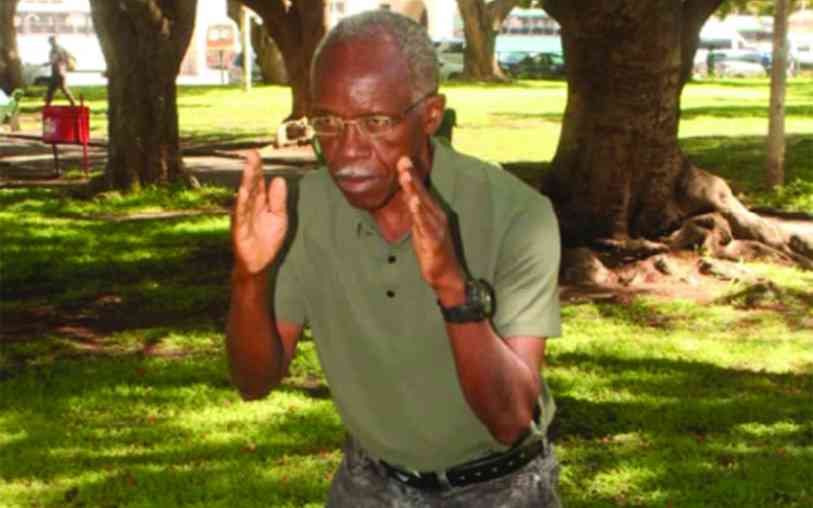
Working in the Zambezi Valley, women’s empowerment activist, Abbigail Muleya, has a desire to see women and girls taking up leadership positions so they find solutions to the challenges they face.

Her work in rural Binga, where internet and GPRS connectivity is catching up with Zimbabwe’s urban centers, is proof of Zimbabweans’ determination to support women in addressing some of the challenges they face.
Abbigail made the cut and has something unique to share with the nearly 500 other African young leaders that will participate in the Washington Fellowship.
She says she not believe she could not believe she had made it to the Young African Leaders Initiative. “I couldn’t believe it. I even broke my phone charger due to the excitement,” she says. “This is one of the greatest favors God has done in my life and I keep telling myself that I should make the most out of it.”
She sees the Washington Fellowship as a program that capacitates young women and men (the future leaders of the country) with entrepreneurial and leadership skills- which are the key drivers to a nation’s development. “Learning and sharing through exchange as well as interaction with other fellows from other African Countries is one of the greatest benefits of the program,” she says.
Abbigail will spend six weeks at Tulane University in New Orleans where she hopes her experiences working with women in Binga will provide useful case studies for other youth in the African continent.
“I hope to explore the subject of civic leadership more…in theory I would want to understand also why women, especially in communities like the one I come from, would rarely take up leadership positions.”
- Chamisa under fire over US$120K donation
- Mavhunga puts DeMbare into Chibuku quarterfinals
- Pension funds bet on Cabora Bassa oilfields
- Councils defy govt fire tender directive
Keep Reading
“I would like to see women being politically empowered by taking up decision positions that have a bearing on their lives,” says Abbigal. “Currently, in Binga we only have one female elected Councilor out of the 25 councilors; as such I would anticipate a 50-50 situation with the male counterparts.”
Abbigal studied African Language and Culture at Midlands State University in Gweru graduating with an honors degree in 2009.
She has worked as a community volunteer in Binga before her formal employment as Projects Officer at Zubo Trust, a women’s empowerment organization working with Tonga speaking women in Binga.
She has participated in several high profile projects including the Language Policy promoting the learning of indigenous languages as well as the production of a Tonga orthography adopted by the education ministry and is now being learnt up to form three in 2014.







